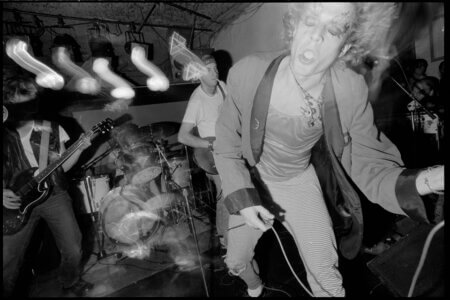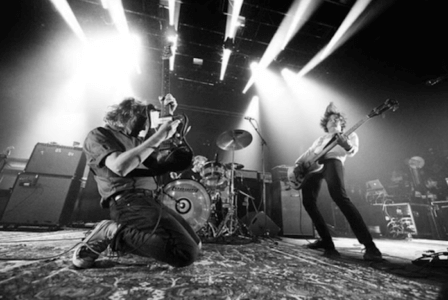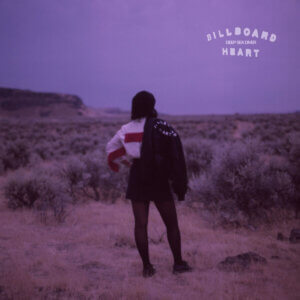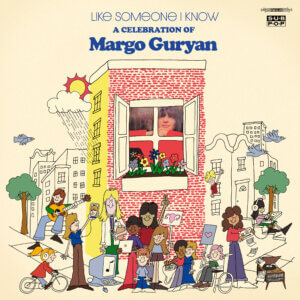METZ Bludgeon with Beauty on Atlas Vending
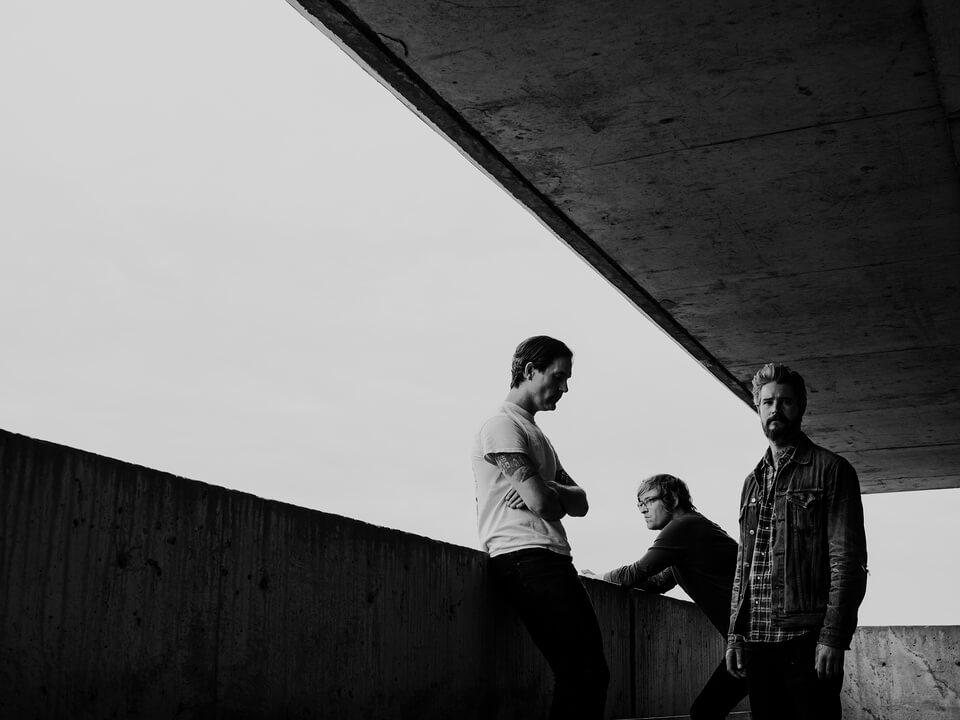
The touring circuit as we know it has a long ways to go before recovering from the ongoing COVID-19 pandemic, and the hard truth for music fans around the globe is that some of your favourite venues might not be standing when it’s safe to start booking shows on the regular. That just may be the case with fabled Toronto show spot Sneaky Dee’s, as a recently revealed development proposal aims to level the two-storey structure to make way for a 13-storey mixed-use condo building.
Toronto trio METZ are but one of thousands of bands to have graced Sneaky’s stage over the years, but bassist Chris Slorach’s relationship with the venue spans decades, back to when he started booking local all-ages punk shows there as a 14-year-old.
“I haven’t been there in a very long time, but every time I see a new venue shutting down in a city that claims that it’s music-focused, it feels like something isn’t being done right. Sneaky Dee’s hurts, he says. “To see it potentially shut down—there’s still potential that it might not—is sad. It’s really sad that another historic concert venue [could turn] into condos.” While the fate of Sneaky Dee’s has yet to be finalized, Slorach’s METZ have developed into a towering behemoth of high-frequency noise-pop on their fourth full-length, Atlas Vending.
Co-produced by Seth Manchester (Daughters, Lingua Ignota) and Uniform guitarist Ben Greenberg at Pawtucket, Rhode Island’ Machines with Magnets facility, Atlas Vending continues to find the band puncturing speakers with jagged peals of guitar and percussive slams that chart off the Richter scale. It also pushes Slorach, guitarist/vocalist Alex Edkins, and drummer Hayden Menzies into some especially hooky songplay, whether affixing serene backup vocals and soothing trem-bar wooziness into the otherwise snarling “Blind Youth Industrial Park,” or blissing out on the ethereal, yet tubes-bursting jam that concludes first single “A Boat to Drown In.”
Slorach spoke with Northern Transmissions from his home in Toronto to discuss the details of Atlas Vending, and how his bandmates and growing family have him finding the “brightness in all the bullshit right now.”
This interview has been edited and condensed.
Northern Transmissions: Normally about this time you’d be amping up to go on a tour in support of your new album. Had a bunch of dates been cancelled because of Covid-19?
Chris Slorach: We had a festival run at the end of August cancelled. We also had a few other festival dates that were supposed to happen last week, and then coming up around October we would’ve been starting the Atlas Vending touring cycle— obviously that’s not happening. We’re still forging ahead with the idea of tour dates happening [in the future]. If a vaccine comes out, and it’s proven to be effective, then I think the world is going to start to come back to life.
NT: METZ’s busiest touring periods have often led to playing hundreds of concerts a year. How does it feel to have not played a show since last March?
CS: It’s definitely weird, and it’s definitely taken me away from a reality that I was used to. But I’ve had a few things happen in my life that have made this a positive experience. I had a daughter in May. This is our second child, and I’ve gotten to be a really attentive father. It’s been really nice for me to be able to spend this much time with my son, my new daughter, and my wife. It’s the longest I’ve ever been home without having to take off for four days here, or two weeks there. I’m trying to do my best to find a brightness in all the bullshit right now. On a personal level, there have been a lot of positives, [but] I am itching to get back out as well.
NT: Atlas Vending is the band’s fourth album overall, but your first since the Automat retrospective came out last year. How did looking back at the history of METZ influence how you wanted to move forward?
CS: Sometimes it’s good to take stock of where you’ve already been. Making Automat gave us a chance to look at our catalogue and think about how we wanted to grow as a band.
NT: What did you glean from those earliest recordings?
CS: Walking into a studio with fully-formed ideas is really beneficial to our band. The willingness to experiment when things are feeling stale is important as well. That’s something we were really into in the early days. Walking in with our completed songs, we got a chance to look at them as recorded tracks and be like, ‘You know what, I think we want to change this up, or add this instrument.’ The majority of Atlas Vending recorded live, with, you know, some additional instrumentation here and there. We learned from listening back how much time can be wasted in a studio if you’re not totally prepared.
NT: What led METZ towards working with Seth Manchester and Ben Greenberg at Machines with Magnets?
CS: I met Seth when I was playing in Daughters [ed. Slorach filled in on live dates throughout 2019], and I really liked his vibe. I went back and listened to a lot of things he had worked on—even that Daughters record [2018’s You Won’t Get What You Want]—and thought [Machines with Magnets] might be a good place to go. It’s beautiful! They’ve got a lot of cool gear, and it’s a live-in/work-in situation. It seemed like an ideal place to go. With Ben, we had brought Uniform on tour with us three or four years ago and developed a really good friendship with him. He’d always be like, “when are we making a record guys?”, so when it came down making this one, we thought it’d be good to have an extra set of ears there to push us….just to have someone cheerleading in our corner to make sure we got to where we needed to be. What we left with is far closer to what I’ve always tried to get out of a [METZ] record than we’ve ever done before.
“A Boat to Drown In” is a bold decision for a first single, being that it’s one of your longest songs.
CS: It’s a long one, for sure. It was a demo that Alex brought in, but we weren’t sure if it was going to work for METZ. It was mostly the first half of the song— the really simple verse-chorus-verse that exists at the beginning of the song. Then we started jamming the end part, and we never seemed to lose interest. It seemed really pretty. What we wanted to do was show that we’re not just a ‘punch-in-the-face-and-you’re-done’ kind of band. We wanted to do more with our sound. We wanted to grow. While it’s aggressive, hard, and has noisy parts to it, we’re also capable of making something beautiful. It’s a cacophonous racket, but there’s beauty to be pulled from it as well.
NT: “Blind Youth Industrial Park” taps into that prettiness, too. Those back-ups whoas in the chorus and Alex’s shoegazing guitar dips add a different kind of melody to METZ.
CS: We’re all fans of songs, you know? With this record, all of us were feeling more melody, but l feel like every METZ record is written with the idea of having hooks. We never intend to bludgeon just for the sake of being bludgeoning; there’s always supposed to be something to hang onto. With songs like “Blind Youth Industrial Park,” I feel like the note changes and the guitar changes are all very appropriate for that song—it’s the pre-chorus and it’s supposed to lift you up and get caught in your head. That’s what we’ve always been going for! Maybe on the early records it’s us doing the Kinks filtered through levels of distortion. With “Blind Youth Industrial Park,” and many of the songs on this record, it’s intended to [have] an earworm there.
NT: Can you get into the working conditions of recording in Rhode Island? It’s the second record in a row where you’ve traveled outside of Toronto to record in the dead of winter—with Strange Peace having been recorded in Chicago. Had you spent a lot of time in Rhode Island previously?
CS: The other guys had not. METZ has only played Providence one time, but I had spent a lot of time there when I was playing in Daughters. Providence is a cool, weird little city. When METZ went there, we didn’t get out very much because we were working all day, every day. It was unseasonably warm, though, which was nice. We were out on the patio barbecuing, just hanging out. We didn’t really get a winter vibe this time around. When we went to Chicago, on the other hand, it was very cold and snowy.
Did you take in much of Rhode Island while you were out there?
CS: I had previously when I was practicing with Daughters. Daughters was practicing from 5 till 11 at night; I would go out for every single day for a 6-7 hour walk, checking out the campus at Rhode Island School of Design, or art galleries, to get the history of that city. When I was there with METZ, we were working from 10 in the morning till 11 at night. It was heads down, working hard, getting completely immersed in the music.
NT: Getting into some more Rhode Island history, in one of the behind the scenes clips the band posted on Twitter, there’s a quick shot of Eric Paul (vocalist of Psychic Graveyards, Doomsday Student and many more) hanging out in the studio. Was there any temptation to have METZ collaborate with him in the studio?
CS: I think we will at some point. He’s a good friend of mine, and I spent a good amount of time with him when I had previously been in Rhode Island. We’d also crossed paths with his band, Psychic Graveyard, a couple of times, and always went out and had a good time with him and Nathan [Joyner, synths]. Eric’s a total legend. He’s also one of the sweetest people in the world. We will, at some point, do something with him and the other Psychic Graveyard guys.
NT: How much have you seen the members of METZ through all this? What’s the distancing situation with the band at the moment?
CS: They’re my family, so we see each other. They’re in my bubble. Alex and I, our kids hang out. We’ve been rehearsing. We’re being a band. We’re doing our job, we’re trying to create more, and we’re doing our best to push forward. Whenever this thing is over, we’re going to be ready for it.
Had there been a sense that live music was starting to shut down during those last dates of your spring tour with Refused and Youth Code?
CS: Absolutely. We could feel it in Seattle. That’s the first place we noticed it. We had come from Toronto, where it wasn’t being taken seriously yet. We were reading about it and thinking, like everybody else, ‘ah, it’s going to pass.’ We lived through SARS. We didn’t realize how massive it was becoming until we got to Seattle and no one was shaking hands or hugging. I believe the show was sold out, but about 50 per cent of the crowd showed up when we got to Portland. We got on an airplane in L.A. on March 16th to go home, and that’s when the reality of it all set in: ‘They’re going to shut everything down. People are getting sick and dying.’ I started feeling really irresponsible about what we had just done. Then I came home and went into quarantine—and essentially have been ever since. It’s obviously a very different landscape to release a record in than it was at the beginning of the year.
NT: What’s your sense of METZ putting out Atlas Vending at this time?
CS: There’s two ways of looking at it. We’re in a fortunate position where we have a lot of people standing behind us, helping us get people’s ears. The other version of it is the nightmare I would have every night, just standing at the edge of the Grand Canyon and throwing a record into it, being like, ‘I hope somebody hears this!’ I have confidence that it’s going to get heard by the people that want to hear it. Maybe this is a really good time to put out a record. Maybe people need a record where they can feel like it’s a chance to scream in their bedroom.
Atlas Vending sees release October 8 through Sub Pop/Royal Mountain Records
Latest Reviews
Tracks
Advertisement
Looking for something new to listen to?
Sign up to our all-new newsletter for top-notch reviews, news, videos and playlists.





